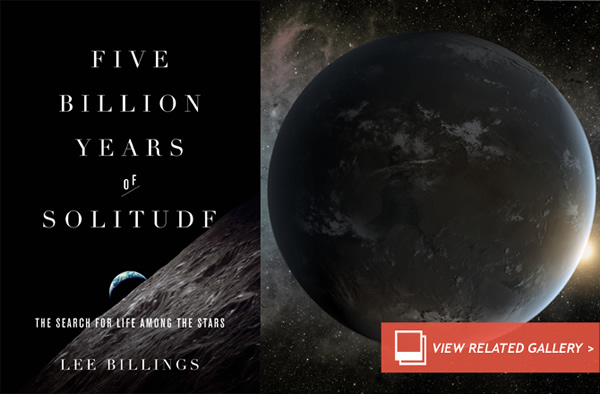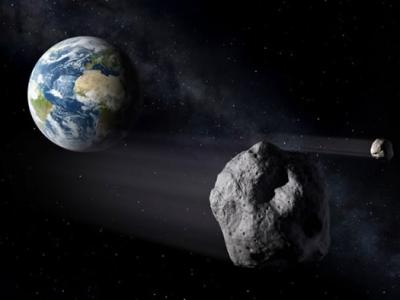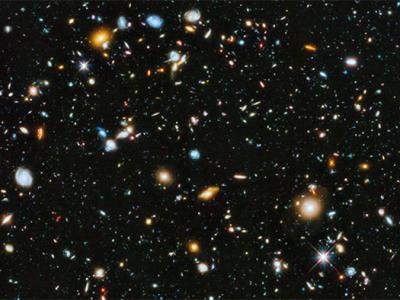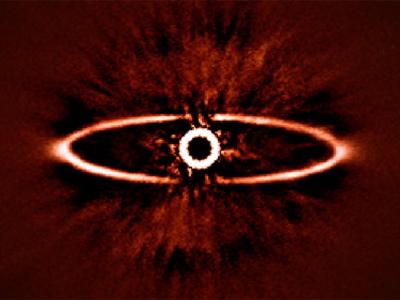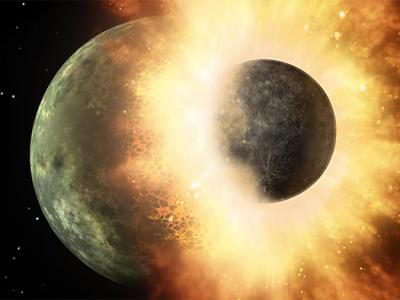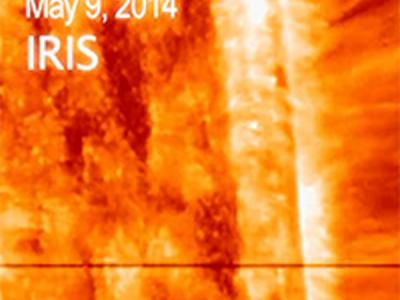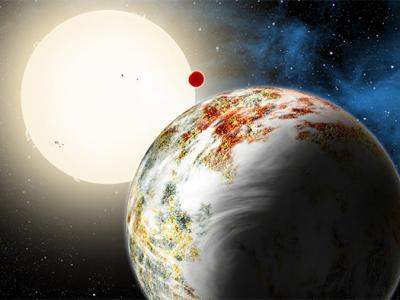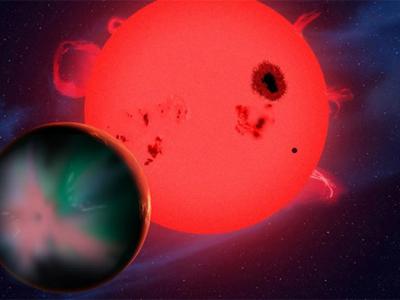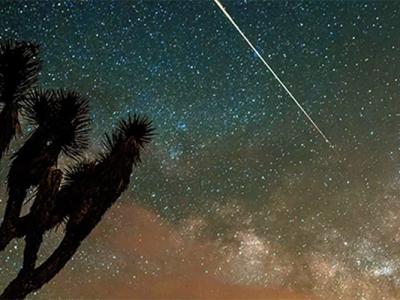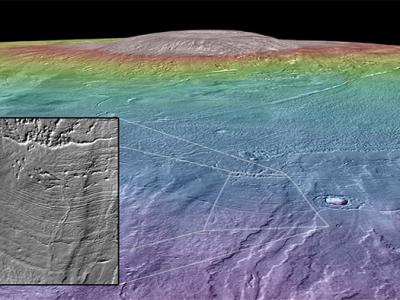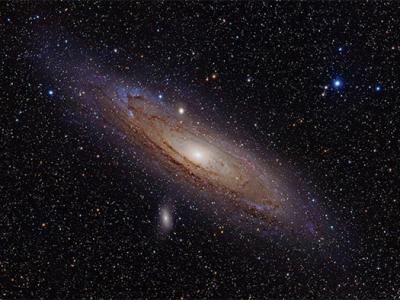Lee Billings' Five Billion Years of Solitude (Review)
There aren’t many things that seem to capture imaginations of people around the world, but the prospect of finding life on alien planets is definitely one of them. It’s been a long search, one that a handful of people have devoted their lives to and, in many cases, risked their careers for. It’s a compelling slice of space science, and Lee Billings brings the human side of this search for extraterrestrial life to the fore in his new books Five Billion Years of Solitude.
As Billings points out, we’re currently experiencing an exoplanet boom. It’s only been a little over two decades since scientists first found evidence of a planet orbiting a star other than our own sun and we’re close to confirming the 1,000th exoplanet.
But the search for life on other worlds, or even just finding another planet that could possibly sustain any kind of life, is not a simple matter of calibrating instruments and pointing a telescope at a star. The search for Earth-like exoplanets demands scientists have an intimate knowledge of our own planet, a point Billings brilliantly drives home.
The book follows Billings’ own meetings with some of the leading scientists in the exoplanet hunt – Frank Drake, the first man to use radio telescopes to look for signs of intelligent life in the universe (and the namesake of the Drake Equation); ex-NASA scientist Jim Kastings whose penchant for seeing the big picture rather than details is helping shape the kinds of planets scientists target as habitable exoplanets; and Mike Arthur, whose research into the energy sources on Earth speak to the short span sentient races throughout the universe might be alive.
It’s the lessons Earth teaches us about looking for life on other worlds that anchors this book (though Billings does cover the history of exoplanet research and the current state of exoplanet missions too). Billings highlights how fragile and fleeting our humanity is, contrasting our own history with our planet’s tumultuous past, the rate at which we’re devouring natural resources, and the inevitable eventuality that our Sun will explode and engulf the Earth entirely. Ultimately, the Earth is our benchmark planet when it comes to looking for other worlds, so knowing as much as we can about the Earth increases our chances of recognizing another one, be it in a proto-Earth-like stage, a young Earth-like stage, or a post-apocalyptic-devoid-of-life Earth-like stage.
Running through the book is the question of what finding another Earth, teeming with life or simply capable of supporting life, might do to us. If we find life, it would be incredible, especially if it were sentient life with a grasp of some kind of advanced technology. It would mean we’re neither rare nor special, but also that we’re not alone. Similarly not finding life would be equally important. It would drive home our unique place and the fact that our preservation is up to us alone.
Nothing make you feel quite as small as thinking about distant exoplanets orbiting other stars unfathomable distances away. But Billings manages to bring this mind-boggling branch of astronomy down to an accessible level. Weaving science into compelling narratives, he leaves you with a better understanding of our own planet, a deeper appreciation of just how amazing it is that we’re here, and a sudden desire to see a massive telescope launched with the sole purpose of finding other terrestrial planets.
Image credit: Penguin Group (right), ESO(Oct 14, 2013 11:54 AM ET // by Amy Shira Teitel)
